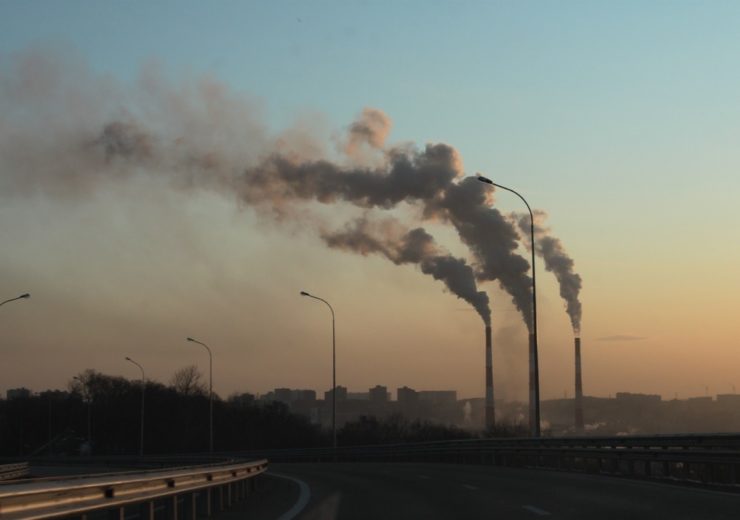Despite major renewables growth, rising global power demand led to record-breaking levels of CO2 emissions last year, according to the IEA

Fossil fuels accounted for 70% of the global rise in power demand last year, according to the IEA
Global CO2 emissions rose 1.7% in 2018 to a record high of more than 33bn tonnes as energy demand grew by 2.3%, according to a new report.
The analysis by Paris’ International Energy Agency (IEA) found China, India and the US accounted for 85% of the increase, while Germany, Japan, Mexico, France and the UK reduced their emissions output over the 12 months.
Natural gas comprised 45% of the rise in energy use last year, with fossil fuels accounting for 70% in total as solar and wind generation surged 31% but failed to sufficiently mitigate air pollution.
“We have seen an extraordinary increase in global energy demand in 2018, growing at its fastest pace this decade,” said Dr Fatih Birol, the IEA’s Executive Director.
“Last year can also be considered another golden year for gas, which accounted for almost half the growth in global energy demand.
“But despite major growth in renewables, global emissions are still rising, demonstrating once again that more urgent action is needed on all fronts — developing all clean energy solutions, curbing emissions, improving efficiency, and spurring investments and innovation, including in carbon capture, utilisation and storage.”

What drove energy demand and global CO2 emissions in 2018?
Nearly 25% of the rise in global energy demand last year was accounted for by higher demand for both heating and cooling, with the average seasonal temperatures in various regions reaching record highs and lows.
The worldwide demand for gas increased at its fastest rate in nine years in 2018, rising 4.6% over 2017 levels, driven by high demand in the US and China, as well as the need for a coal substitute, according to the IEA.
For the first time in 20 years, the US led the yearly increase in oil demand, which rose 1.3% globally courtesy of petrochemicals expansion, growing industrial production and trucking services.
Global coal consumption, meanwhile, grew by 0.7%, driven solely by Asian countries primarily including China and India.
Nuclear power consumption met 9% of the world’s power demand and rose 3.3% last year, as global generation surpassed pre-Fukushima levels off the back of new additions in China and Japan.
